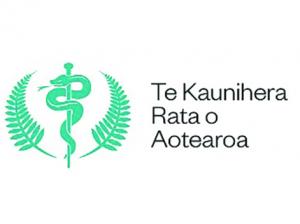For older people and frail people, the long-term benefit of medicines reduces and the potential for harm from adverse effects increases. When the benefit–risk balance changes in this way, medicine review and optimisation are important to simplify the therapeutic regimen, reduce inappropriate medicines and minimise risks. In this article, pharmacist prescriber Linda Bryant uses two case studies to illustrate important considerations during medicine reviews
TIME TO KŌRERO. Te reo! Give it a go
TIME TO KŌRERO. Te reo! Give it a go

It is Māori Language Week across the country this week. The theme this year is “Kia kaha te reo Māori”, meaning “Let’s make the Māori language strong”. Ruth Brown looks at what can be done to strengthen the use of te reo in general practice
Kia ora and welcome to New Zealand Doctor Rata Aotearoa
Not a subscriber? Unlock this article by subscribing here.
1.Richardson, F. (2012 May). Making a world of difference. Kai Tiaki : Nursing New Zealand; 2012;18(4):2.
2. Ka’ai Mahuta R. The impact of colonisation of te reo Māori. Te Kaharoa 2011;4:195–225.
3. Reid P, Robson B. Understanding health inequities. Chapter in: Hauora: Māori Standards of Health IV: A study of the years 2000-2005. Wellington: University of Otago; 2007.
4. Pitama S, Ahuriri-Driscoll A, Huria T, et al. The value of te reo in primary health care. Journal of Primary Health Care 2011;3(2):123-127.







